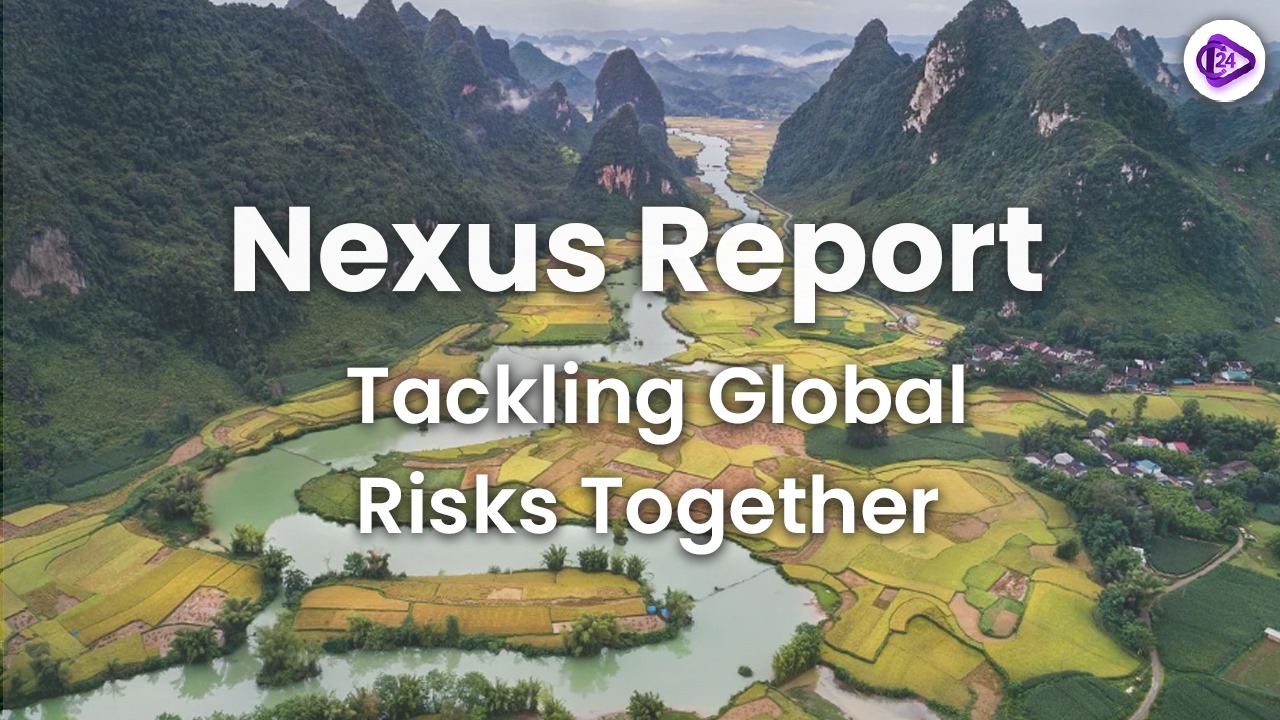
Five system-interrelated global risks such as, climate change, species loss, hunger, water stress, and health threats make it compulsory to solve them in closely related ways. Attempting to work on these issues separately is not only ineffective, which is, in itself, dangerous, as all these challenges are cornerstones of each other. For instance, to solve the problem of hunger by increasing the yield of food crops depletes the land and water resources and has other negative effects such as loss of biodiversity and aggravation of climate change.
Role of IPBES
The role of the Intergovernmental Science-Policy Platform on Biodiversity and Ecosystem Services (IPBES) is to assess the stock of existing scientific information on biodiversity and natural ecosystems. It participates in multilateral environmental processes, such as The Convention on Biological Diversity of the United Nations and the Ramsar Convention on Wetlands. IPBES assessments provide the scientific basis for global conventions such as the recently negotiated Kunming-Montreal Global Biodiversity Framework that seeks to conserve species by 2030, or the “30x30 targets”.
Interconnected Global Crises
According to the Nexus report the five critical risks – climate change, biodiversity, hunger, water, and health – are “nested” and increase one another. For Example:
Initiatives designed to alleviate hunger and malnutrition such as increasing agricultural productivity exert tension on land and water in ways that harm biodiversity, and deepen climate change.
Efforts to address the issue through the application of a technique known as bio-sequestration based on the land pull-down gas impact endangers the amount of arable land hence food insecurity.
The economic cost of damaging biodiversity
Habitat destruction and fragmentation is increasing with losses of species occurring at the rate of 2-6 % on an average every decade. Presently, between $90–58 trillion: slightly more than half of the global GDP is moderate to highly dependent on nature.
Harms that affect the natural ecosystem could directly lead to a decline in productivity and thus economic performance.
The current state of the world economy is counterproductive to the enhancement of all global concerns resulting in an unidentified loss of $10- $ 25 trillion per year.
Thus, the focus should be made on implementing the synergetic approaches that would drive value-added benefits at all levels. Mitigations and adaptations concerning the global threats- climate change, loss of biodiversity, hunger, water shortages, diseases- must be synchronized in that any action meant to address one challenge can benefit, or it has no detrimental effects on the others.
Key Recommendations in the Report
In addition to other problems, loss of species, climate change and food shortage can be solved by the restoration of carbo–dense resources such as forest, soil and mangroves.
To enhance the regulatory risk inherent in diseases transmitted from animals to human beings therefore there is a necessity to effectively manage biodiversity.
Dependence on Nature-Based solutions and connecting landscape operation.
Indigenous food sovereignty and sustainable healthy food systems.
Conclusion
The key takeaway from the Nexus Report is that the solution to pressing global challenges like climate change, biodiversity loss, hunger, and water stress lies in adopting a holistic, integrated approach. Synergistic strategies can mitigate multiple crises, enhance sustainability, and protect ecosystems for future generations. The focus must be on policies that link environmental restoration, sustainable food systems, and economic performance to create a resilient global future.



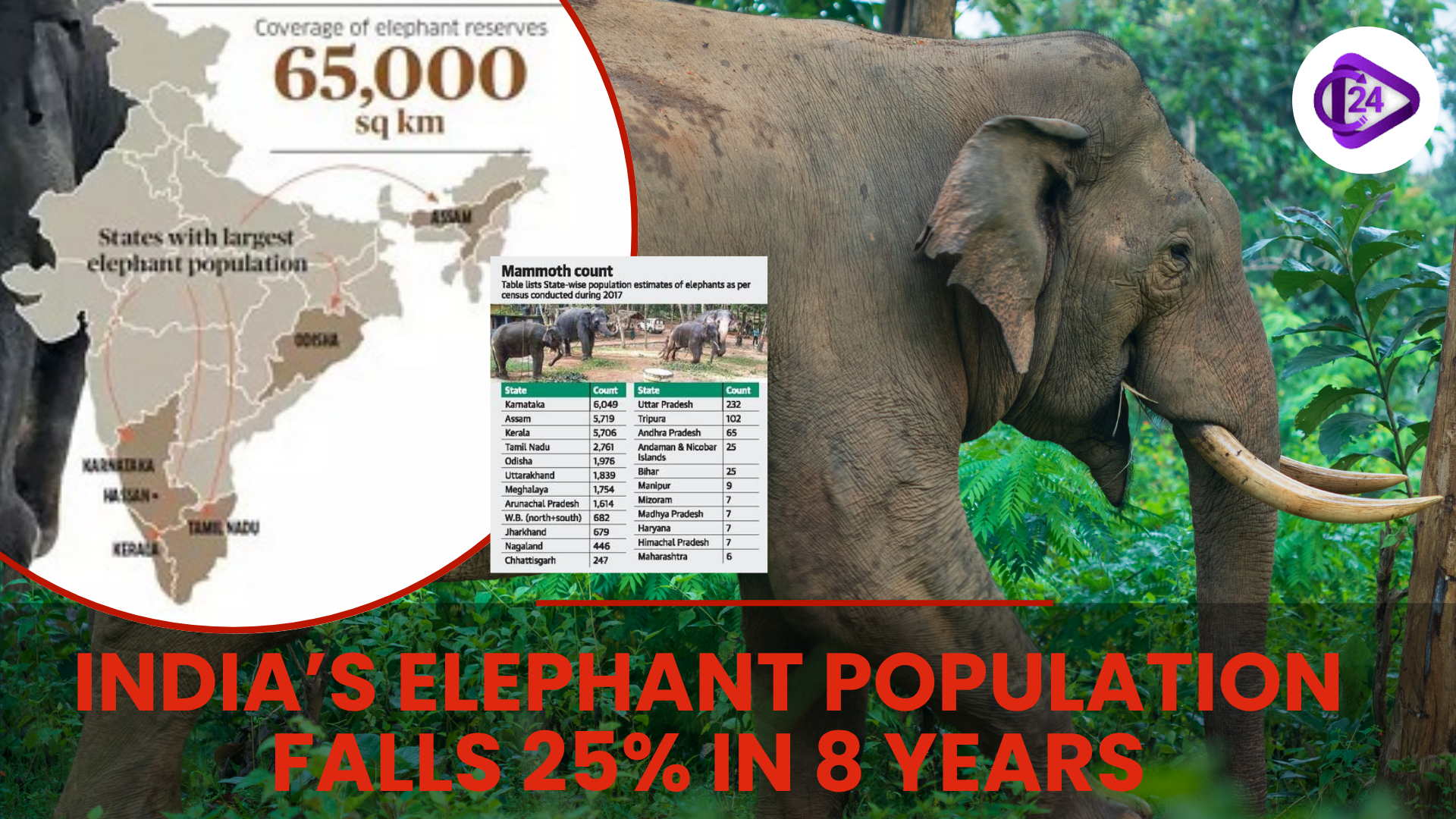 India Conducts First-Ever DNA-Based Elephant Census, Reveals Population Decline by 25%
India Conducts First-Ever DNA-Based Elephant Census, Reveals Population Decline by 25% Maharashtra Gets India’s First Cooperative CBG Plant | 12 Tonnes Biogas Daily Production
Maharashtra Gets India’s First Cooperative CBG Plant | 12 Tonnes Biogas Daily Production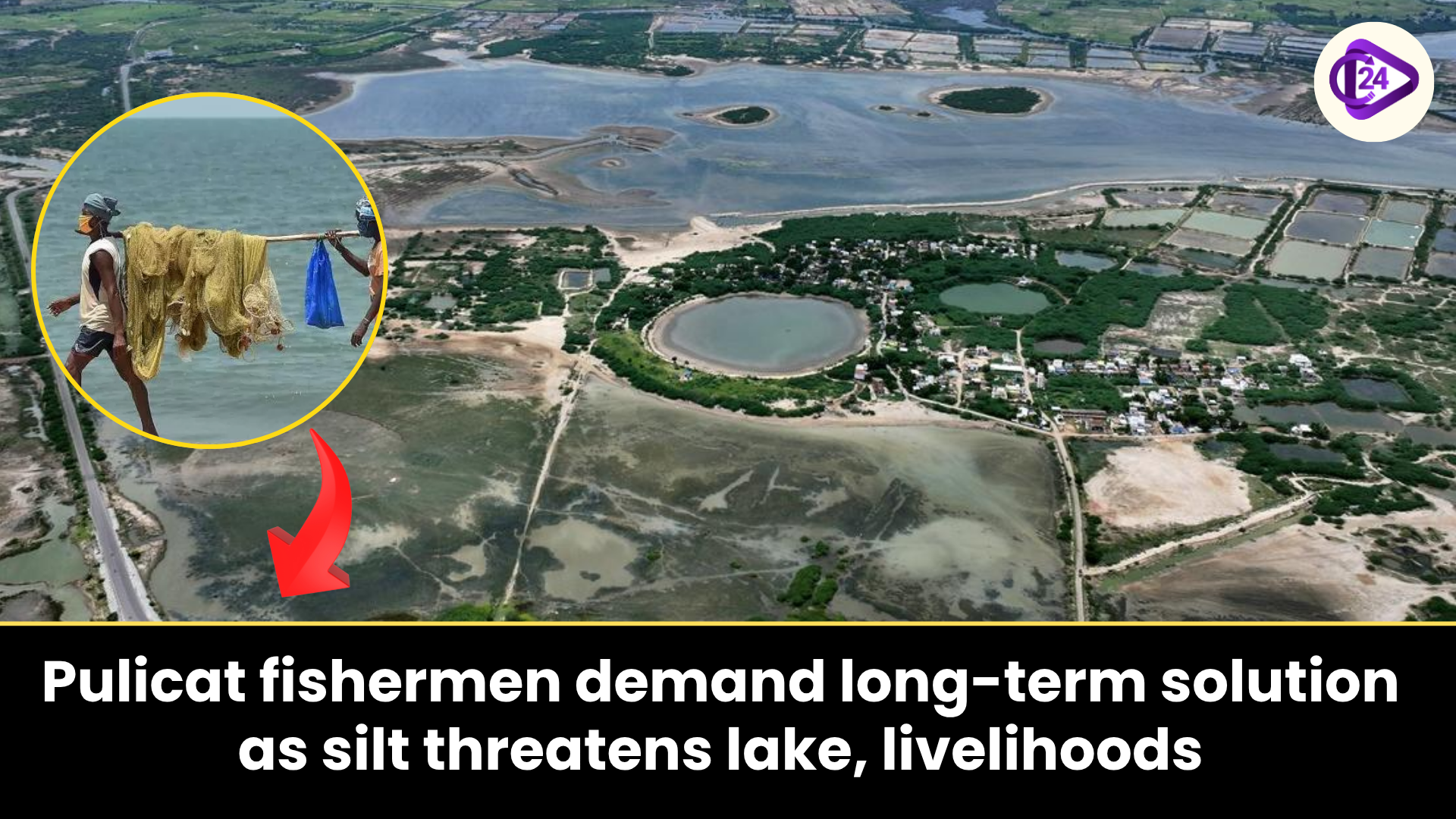 Pulicat Fishermen Demand Long-Term Solution as Silt Threatens Lake and Livelihoods
Pulicat Fishermen Demand Long-Term Solution as Silt Threatens Lake and Livelihoods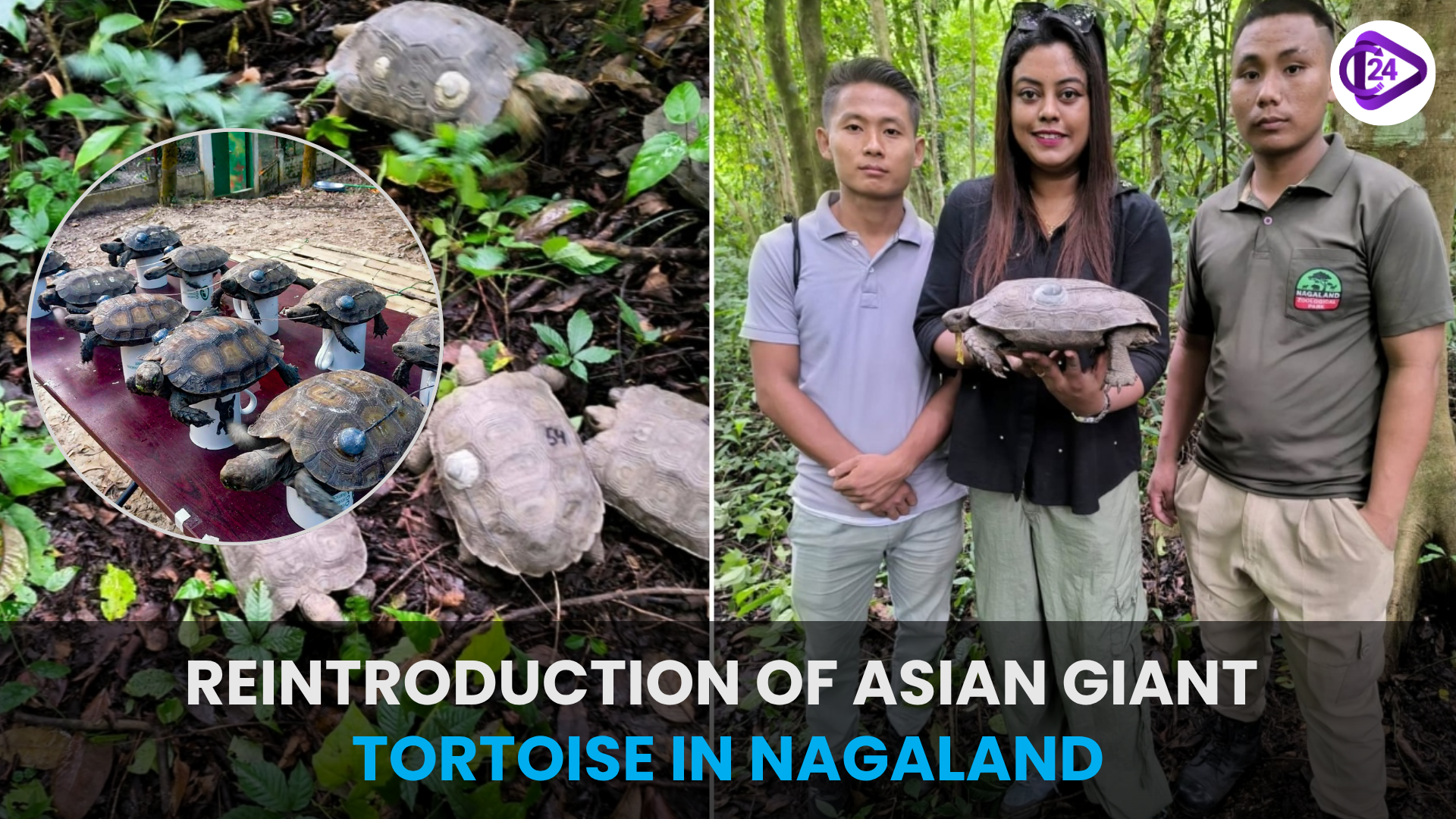 Reintroduction of Asian Giant Tortoise in Nagaland: A Step Towards Community-Led Biodiversity Conser
Reintroduction of Asian Giant Tortoise in Nagaland: A Step Towards Community-Led Biodiversity Conser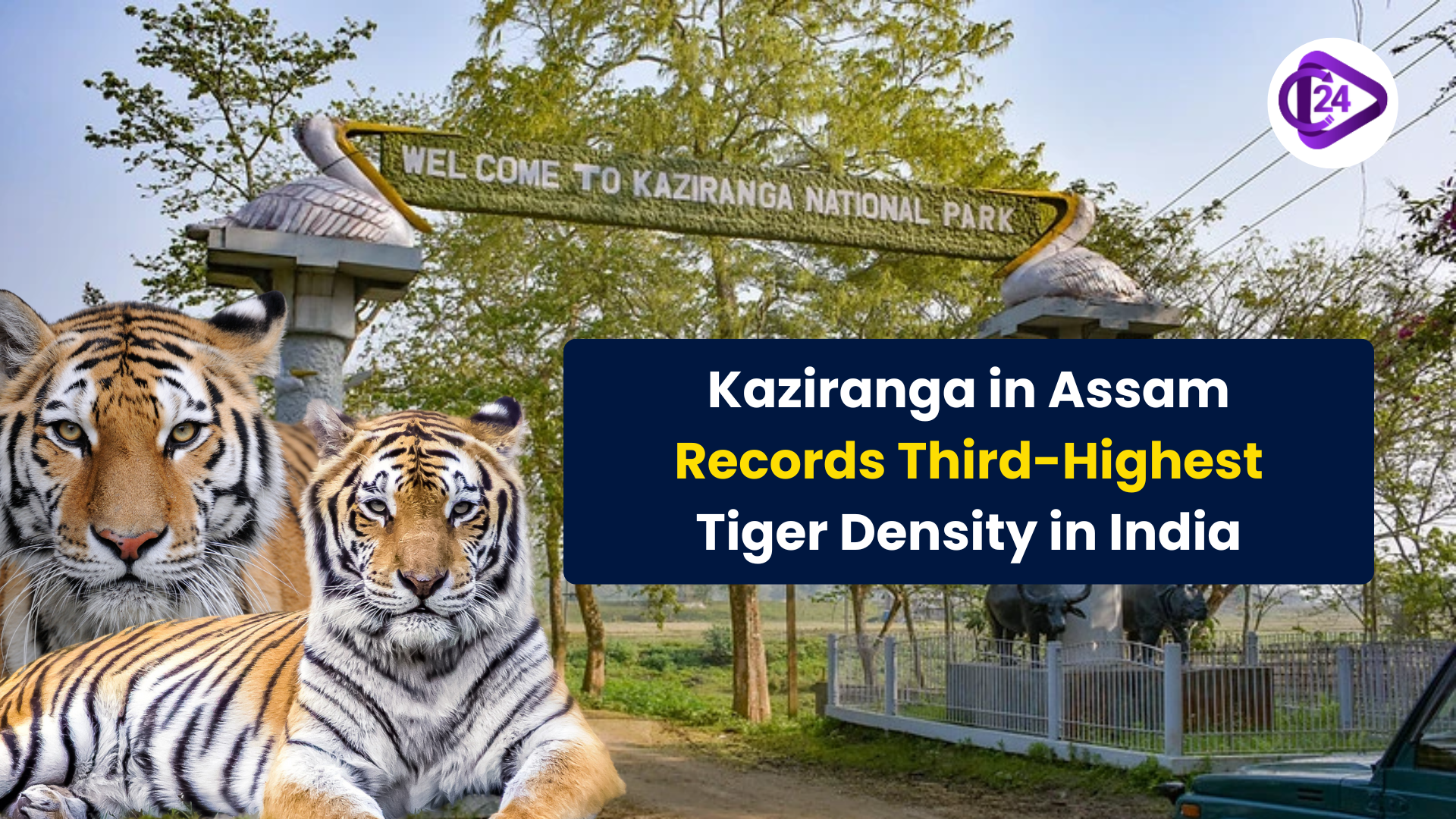 Kaziranga in Assam Records Third-Highest Tiger Density in India
Kaziranga in Assam Records Third-Highest Tiger Density in India World Mangrove Day celebrated on 26th July
World Mangrove Day celebrated on 26th July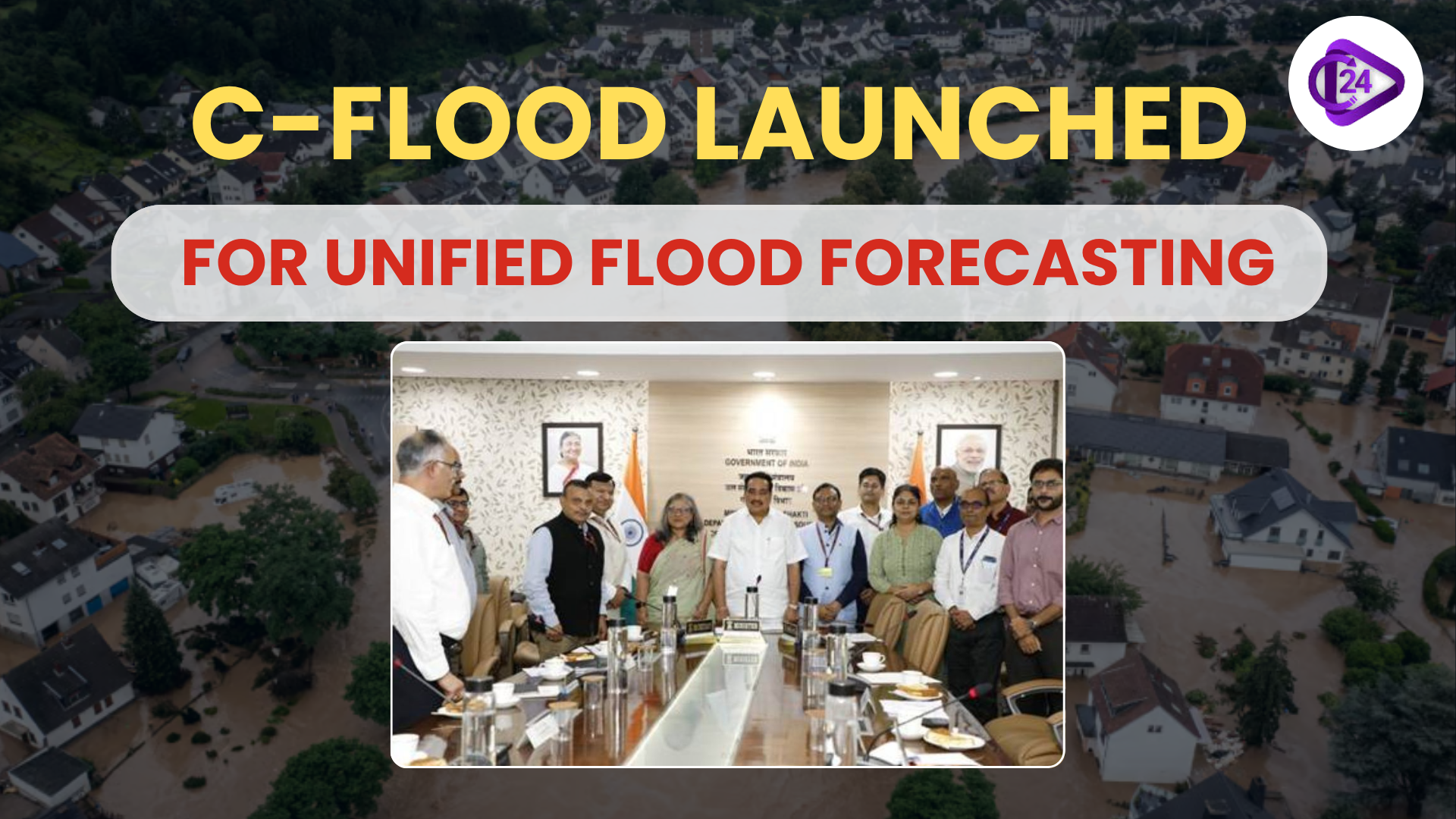 Union Minister Inaugurates C-FLOOD: India’s Unified Inundation Forecasting System
Union Minister Inaugurates C-FLOOD: India’s Unified Inundation Forecasting System Indian-Made Chemotherapy Drugs Fail Quality Tests Globally
Indian-Made Chemotherapy Drugs Fail Quality Tests Globally Government to Launch ‘NAVYA’ Pilot Initiative for Skilling Adolescent Girls Under Viksit Bharat@2047
Government to Launch ‘NAVYA’ Pilot Initiative for Skilling Adolescent Girls Under Viksit Bharat@2047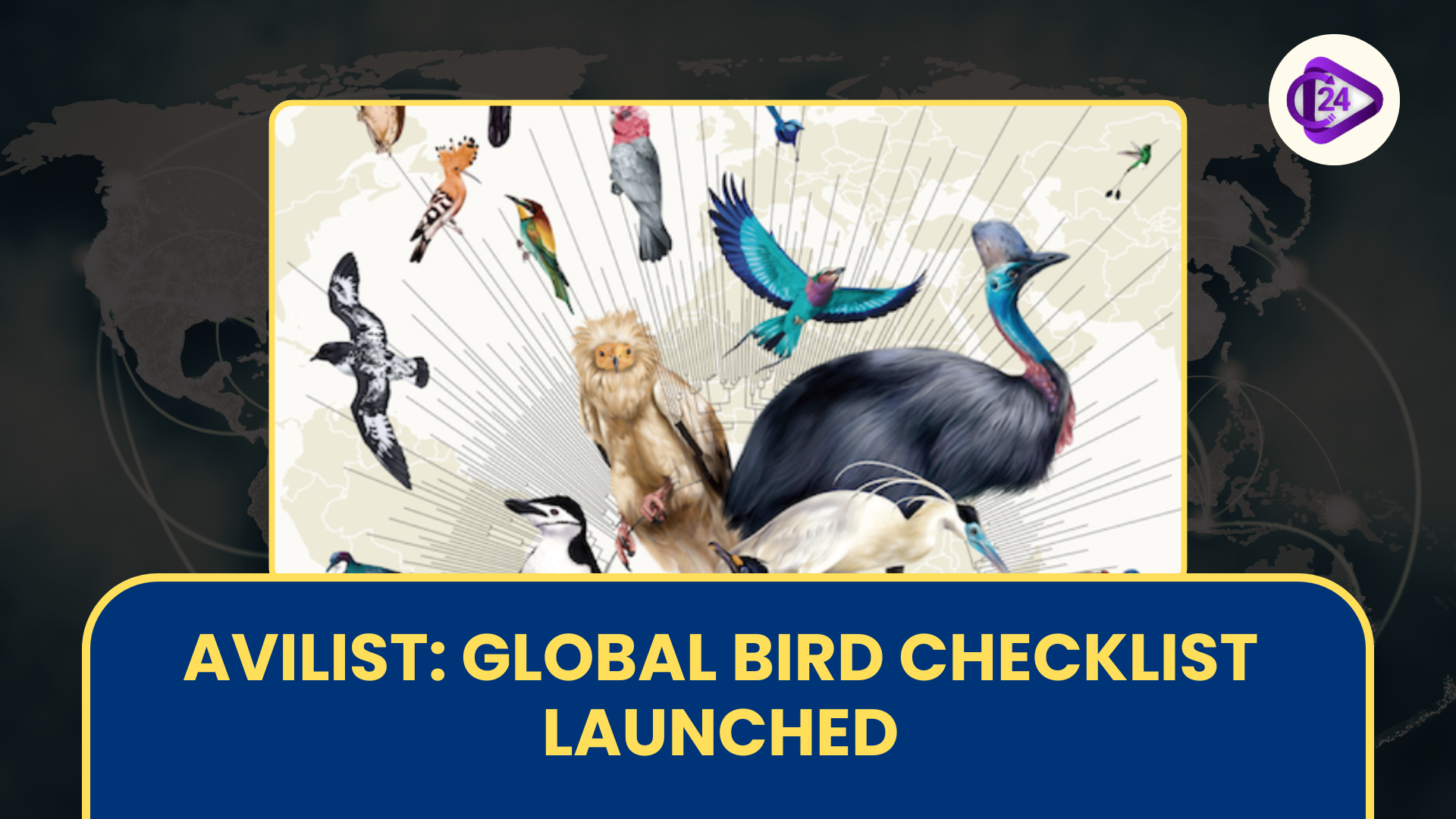 AviList: The First-Ever Unified Global Bird Species Checklist Launched
AviList: The First-Ever Unified Global Bird Species Checklist Launched






